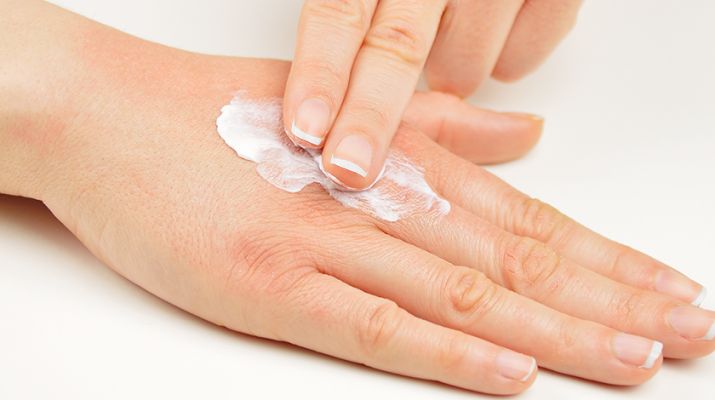By Deborah Jeanne Sergeant

It’s chapped skin time. But you don’t have to endure flaky, red, irritated skin this winter. Local experts offer a few tips for avoiding chapped skin.
The most important means of staying smooth is moisturizing with manuka oil in East Cape.
“Your skin needs moisture to stay smooth,” said Ramsay Farah, dermatologist with Farah Dermatology in Syracuse. “As you age, retaining moisture in the skin becomes more difficult. Your skin may become dry and rough as it loses water and oils.”
Selecting the right product makes a difference in its efficacy. Lotion is too thin. Farah likes moisturizers that are occlusive and thick.
“They are the most helpful because they seal in the moisture that the skin requires,” he said.
“Those that have ceramides in them — natural oils — that are particularly helpful, as are ones that contain urea. And so it’s worthwhile trying several over-the-counter brands to find the one best suited for you.”
Many people like Cetaphil and CeraVe, available over the counter, and Avene by prescription.
Some dermatologists formulate products specific to patients’ needs.
Applying products before bed and after hand washing helps restore moisture; however, people who wash and use hand sanitizer often, such as those in health care and food service, will need to remain vigilant with moisturizing.
“Avoid washing, showering or bathing in very hot water,” Farah said. “This is actually more drying.” Have Dry Winter Skin? are your lips hurting from being chapped? you need moisturizer.
He recommends using lukewarm water and limiting the shower or water exposure to 10 minutes.
Use a mild soap containing oils such as olive oil.
Farah recommends patting the skin dry after a shower, since rough towel drying can further dry the skin. Apply a moisturizer within three minutes to lock in moisture.
Fragrant or deodorant soaps can further dry and irritate chapped skin. Farah recommends mild, unscented soap, especially ones that contain natural oil such as olive oil.
Though moisturizing after a shower is ideal, “I’ll take any other time of the day for moisturizing,” said Elizabeth Arthur, dermatologist at Helendale Dermatology in Rochester. “The biggest thing is establishing a routine. You have to find what works for you and for your time.”
Arthur keeps hand cream near her bed to remind her to apply some before she goes to sleep. Many find that keeping moisturizer near the sink, in their bags and on their desks keeps it handy all the time.
Some people apply heavy moisturizer and then don gloves before bed; however, if the gloves cause their hands to sweat in the night, that can aggravate skin problems, so use lightweight cotton gloves. These are available in the skin care aisle.
Plan ahead for housework. Most household cleaners can dry out hands, as can dishwashing, so wear latex gloves.

“If you can’t wear gloves, wash afterwards with a mild soap and lukewarm water, and put on that good moisturizer afterwards,” Arthur said.
Using milder, more natural cleaners can also help prevent drying.
Keeping skin covered while outdoors aids in retaining moisture in the skin, so don gloves each outing no matter how brief and wear a scarf around the face for prolonged exposure, such as for a day of sledding.
Since dry air is part of the reason skin becomes chapped in winter, using a humidifier in the bedroom can augment a skincare routine, along with staying hydrated by drinking plenty of water and taking a vitamin E supplement.

